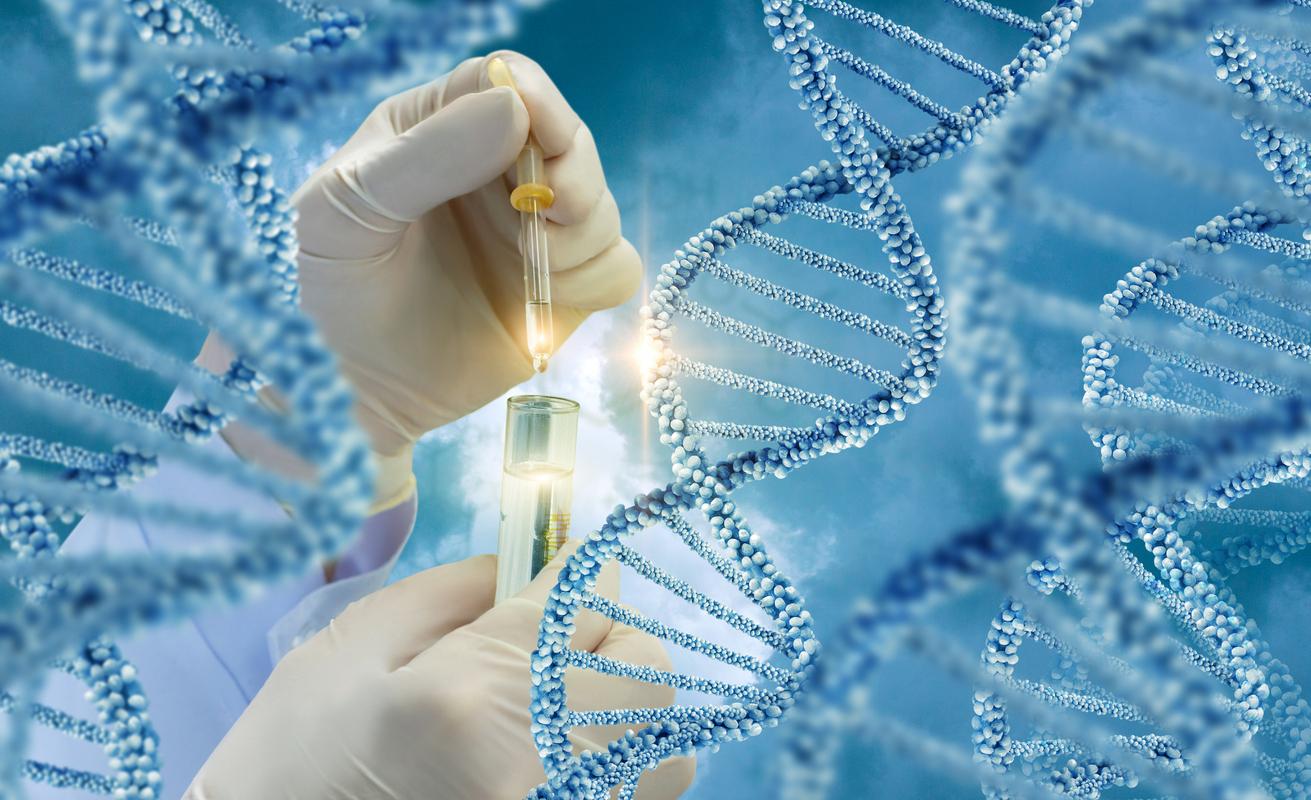Scientists have identified a new autoimmune disease that could impair the proper development of tooth enamel in children.

- Enamel is the hard layer on the surface of the tooth. Its role is to protect dentin and dental pulp.
- An autoimmune disease could be responsible for the defective development of tooth enamel in children.
- Autoimmune diseases are caused by a dysfunction of the immune system.
Dental enamel is the hardest and most mineralized substance in the body. It helps protect dentin and dental pulp. It is therefore important to take care of it to prevent its erosion. But, a team from the Weizmann Institute of Science (United States) has revealed that it has discovered an autoimmune disease that hinders the correct development of tooth enamel in children.
During their work published in the journal Naturethey found that this disease is common in children suffering from a rare genetic syndrome and/or suffering from celiac disease, in other words gluten intolerance.
The immune system would attack the proteins helping in the formation of enamel
The researchers started from an observation: people affected by APS-1, a rare genetic disease, present defective development of their dental enamel in their permanent teeth while their milk teeth have formed normally. As patients with this syndrome typically present with a variety of autoimmune diseases, scientists speculated that the observed enamel defects could also be autoimmune in nature. This means that the immune system could attack its own proteins or cells, which are necessary for enamel formation.
Normally, to prevent the immune system from targeting its own tissues, the T cells or lymphocytes, which develop in the thymus, must be “educated” in order to distinguish between proteins specific to the organism and those of origin. foreigner recognized as infected. But as the researchers explained, this stage of education of T lymphocytes is impaired in patients with APS-1 due to a mutation in the autoimmune regulatory gene (Aire). The latter plays an essential role in the education process of T cells: it produces a protein responsible for collecting autoproteins presented to T cells in the thymus.

Autoimmune disease: why are only permanent teeth affected?
The researchers then tried to understand how mutations in the Aire gene lead to deficient tooth enamel production. In the absence of the Aire gene, proteins, which play a key role in enamel development, are not presented to T cells in the thymus. T lymphocytes are then released from the thymus, which promotes the production of antibodies directed against enamel proteins.
However, a question remains: why do these autoantibodies damage permanent teeth and not baby teeth? This is because baby teeth develop in the embryonic stage. During pregnancy, the immune system is therefore not yet fully formed and cannot create autoantibodies. On the other hand, it is mature enough to prevent the development of permanent tooth enamel, which begins at birth and continues until around the age of six.
According to scientists, these results could contribute to the development of strategies for early detection and prevention of this autoimmune disease.
Tooth enamel defects are common, not just in people with celiac disease or APS-1. “Many people suffer from impaired tooth enamel development for unknown reasons”explains Professor Jakub Abramson, lead author of the study, in a communicated. “It is possible that the new disorder we discovered, along with the ability to diagnose it in a blood or saliva test, will give a name to their condition. More importantly, early diagnosis in children may enable treatment preventive in the future.”

















